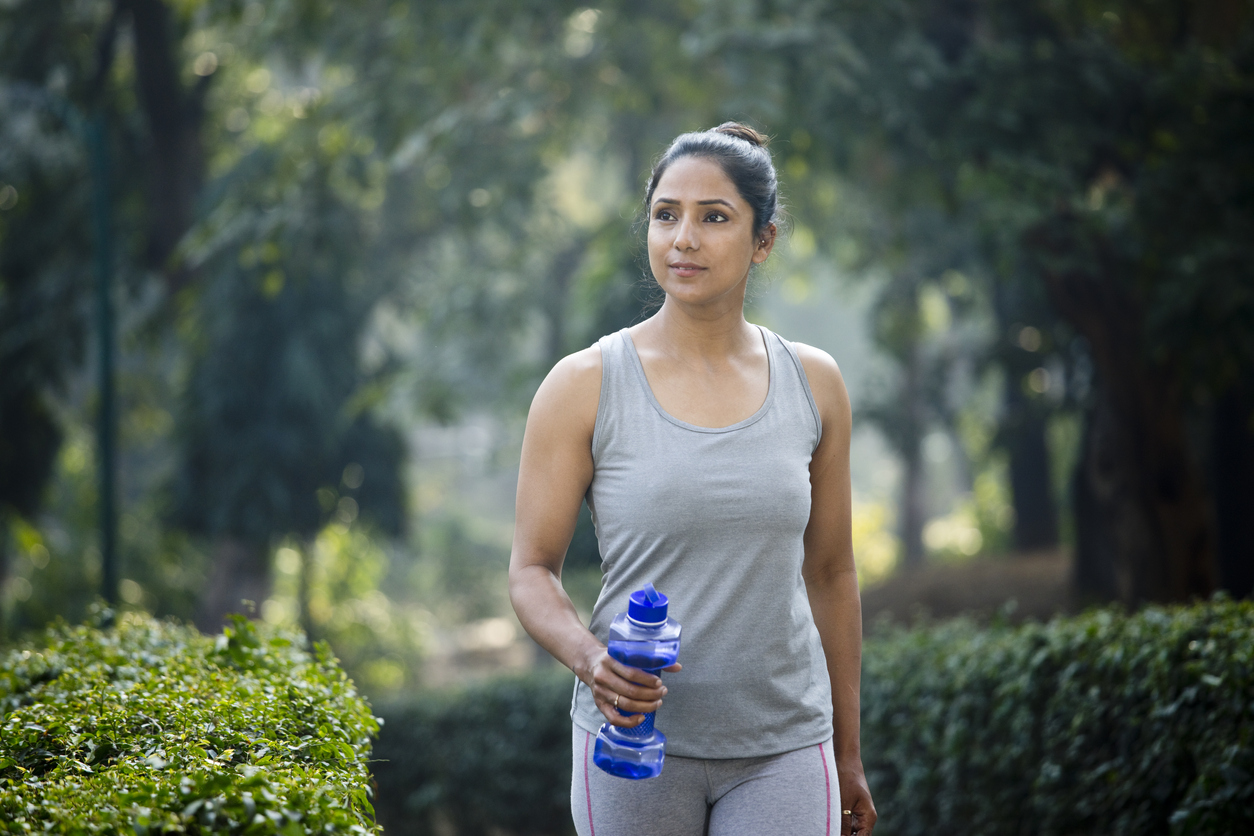Are you struggling with your PCOS symptoms? The excess weight, the frequent mood swings, the irregular periods can feel challenging to manage – especially because it is confusing to treat them all at one go! While you may have been frequently asked to do some kind of physical activity to lose weight, it should be noted that staying active and exercising can benefit you in your overall well-being and help you manage PCOS symptoms in the long-term.
Why is Exercise Good for PCOS?
Exercise – in general, has a very important role in your overall health because it can improve your quality of life and even reduce the risk of developing serious health conditions. Not only does it help you take care of your symptoms in PCOS, it is also responsible for reducing the risk of long-term complications of PCOS such as heart disorders, diabetes, infertility and even mental health disorders.
Any physical activity is good and is considered to be the most effective approach along with a healthy diet to support your PCOS journey. Exercise can reduce the severity of your symptoms and in the longer run, can reverse your hormonal imbalances and improve your fertility.
Insulin resistance is seen in around 70% of women with PCOS and is the underlying cause for many symptoms. Exercise can help you lose weight and increase your body’s sensitivity to insulin. It regulates the way insulin is produced and used in our body by increasing the glucose uptake after every meal.
A lot of women with PCOS feel that exercise is a difficult chore because they set unrealistic goals for themselves and take up a fitness routine that is difficult to follow and sustain in the longer run. If you are looking for the one-stop shop, “best” PCOS exercise, it is the routine that makes you happy and something that you look forward to – everyday!
Usually a combination of cardio and strength training is recommended for PCOS that will not only help you with weight loss but also helps build lean muscle mass which can in turn improve insulin sensitivity.
Types of Exercises for PCOS:
Research suggests that at least 150 minutes of moderate to intense aerobic exercise per week is a good place to start and improve your overall health. As you build your fitness level, you can keep challenging your body with different forms of exercise with varying duration and intensities.
Cardio
Cardio or aerobics activity, is great for your cardiovascular health and helps increase blood circulation and oxygen uptake. This is good to increase your overall fitness and maintain a healthy heart too. Brisk walking, jogging, cycling are great to get started with if you have PCOS and help you enjoy your physical activity too.
Strength Training
This exercise is considered to be one of the best exercises to burn fat, build more muscles and strengthen your body. Strength training helps improve insulin sensitivity, lower androgen levels, helps with weight loss and improves body composition. You can either use your own bodyweight or use external weights such as dumbbells, kettlebells.
Mind-Body Workout
Exercises such as yoga and Pilates help you improve strength, flexibility and balance while benefiting overall health too. If you have PCOS and are struggling with your mood swings or mental health, it is recommended that you do these exercises to relieve your stress. Not only do these exercises burn calories, they also help you calm your symptoms and ultimately improve your overall vitals.
You can try out different combinations of the workouts and evaluate which one suits your body the most. If you are unsure where to start, speak to a doctor or a fitness trainer before attempting a new exercise regime who can guide you better about the nuances of these exercises. Being consistent with your workout is the key to relieving your symptoms in the longer run. You can workout with your friend or join a fitness group who can keep you accountable and make working out more enjoyable.
If you have PCOS, working out consistently will definitely help you feel the positivity in your body and your overall well-being—both mentally and physically.
Disclaimer: Content on Veera is provided for informational purposes only and is not intended as medical advice, or as a substitute for medical advice given by a physician



















